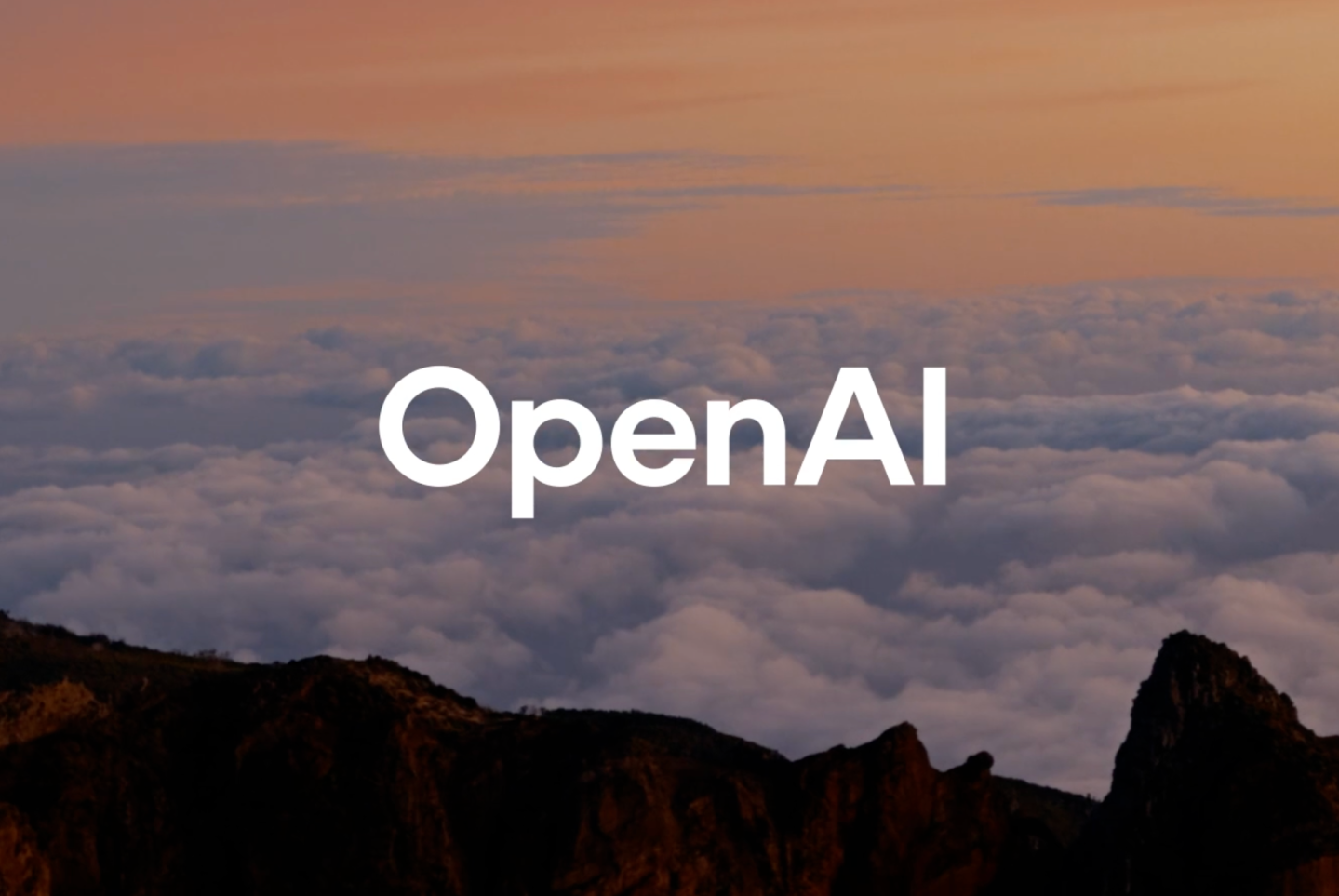OpenAI's Texas Data Center Secures $11.6 Billion for Expansion

OpenAI has secured $11.6 billion in funding for its largest data center in Texas, which is being developed by Crusoe. This funding will expand the facility from two to eight buildings, significantly boosting the computing power available for OpenAI's operations. The funding, a combination of debt and equity, increases the total investment in the project to $15 billion.
The data center is expected to house up to 50,000 Nvidia Blackwell chips per building, making it a critical component of OpenAI's strategy to enhance its infrastructure for generative AI tasks. This expansion is also part of OpenAI's efforts to reduce its reliance on Microsoft for computing resources. Blue Owl Capital is among the contributors to this latest round of financing.
Crusoe, originally launched as a cryptocurrency business, has pivoted to focus on AI infrastructure, becoming a key player in the development of specialized AI cloud and data center services. The Texas data center is part of the broader Stargate project, which aims to create a network of AI data centers across the U.S.
We hope you enjoyed this article.
Consider subscribing to one of our newsletters like Silicon Brief, AI Funding Brief or Daily AI Brief.
Also, consider following us on social media:
More from: Data Centers
More from: Funding
Subscribe to Silicon Brief
Weekly coverage of AI hardware developments including chips, GPUs, cloud platforms, and data center technology.
Whitepaper
Stanford HAI’s 2025 AI Index Reveals Record Growth in AI Capabilities, Investment, and Regulation
The 2025 AI Index by Stanford HAI provides a comprehensive overview of the global state of artificial intelligence, highlighting significant advancements in AI capabilities, investment, and regulation. The report details improvements in AI performance, increased adoption in various sectors, and the growing global optimism towards AI, despite ongoing challenges in reasoning and trust. It serves as a critical resource for policymakers, researchers, and industry leaders to understand AI's rapid evolution and its implications.
Read more
